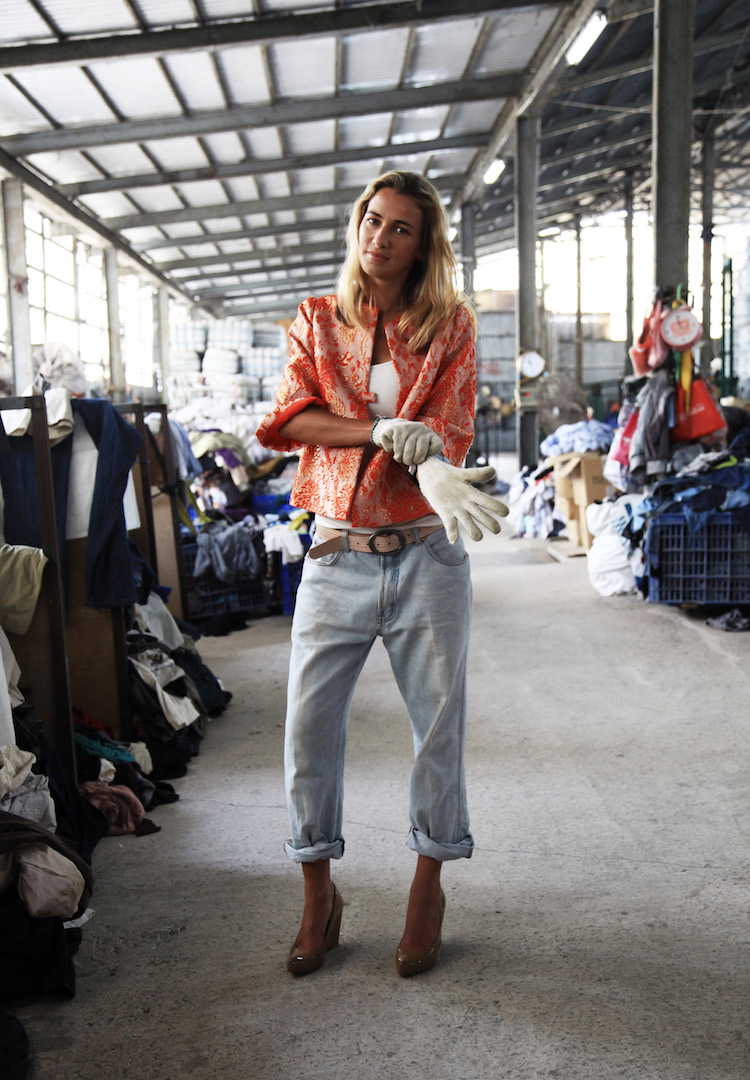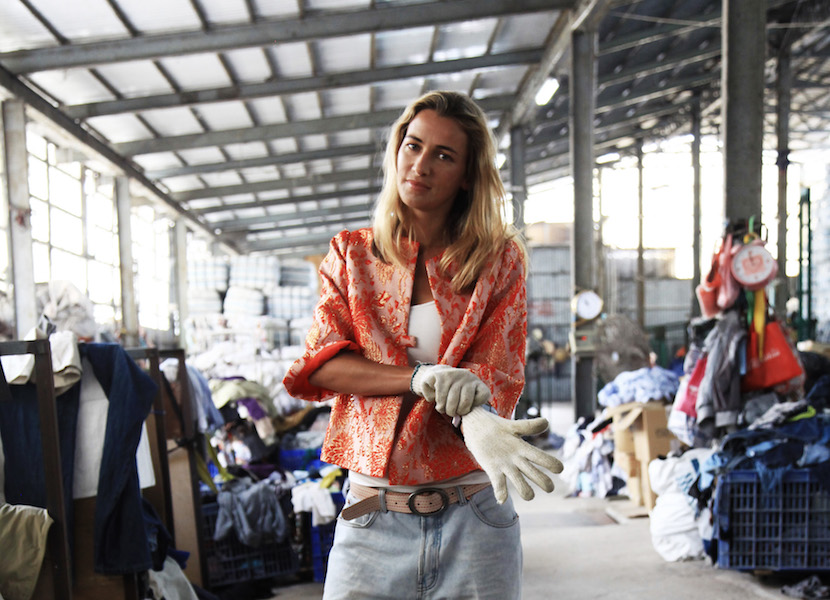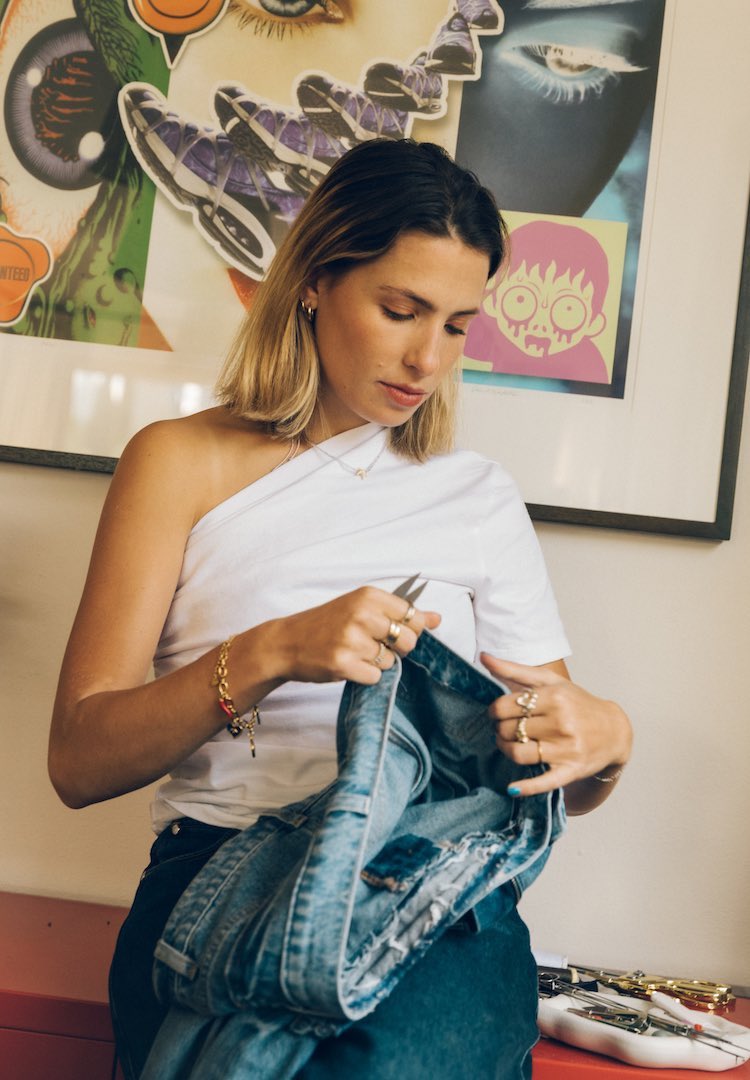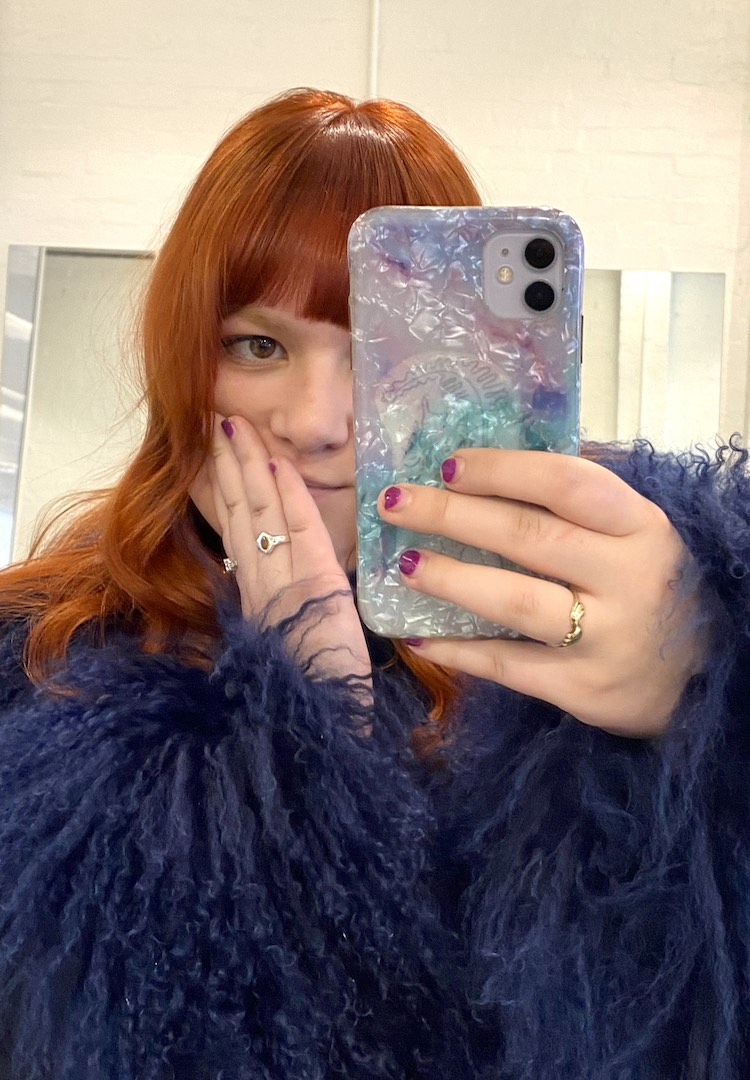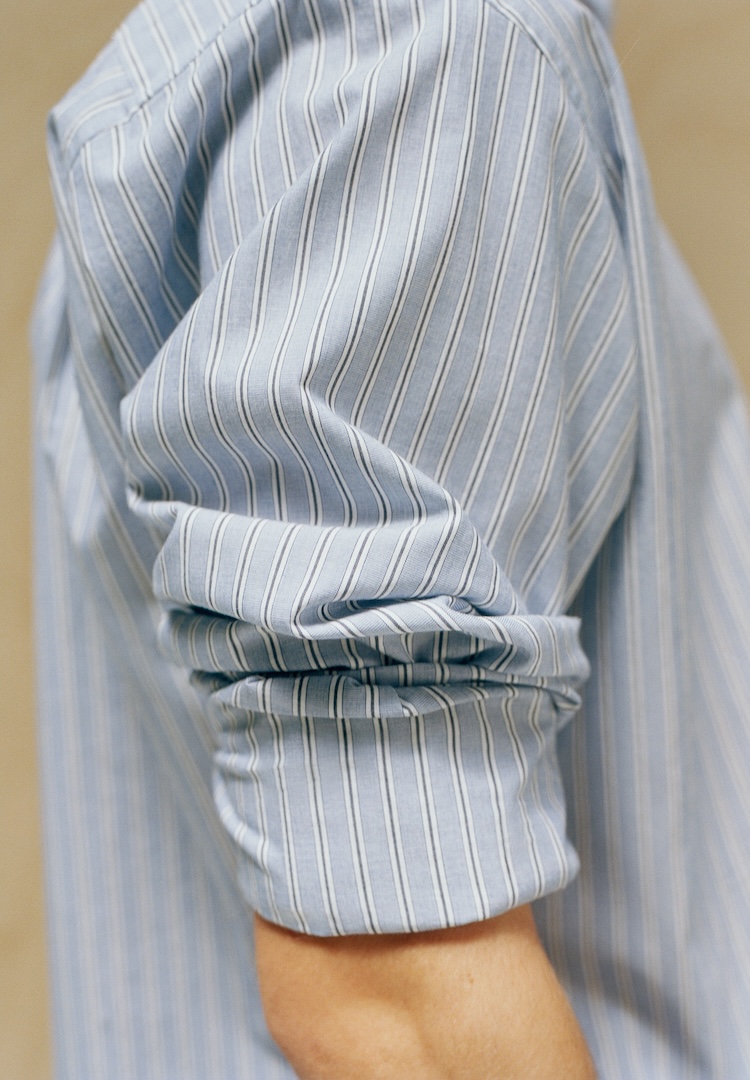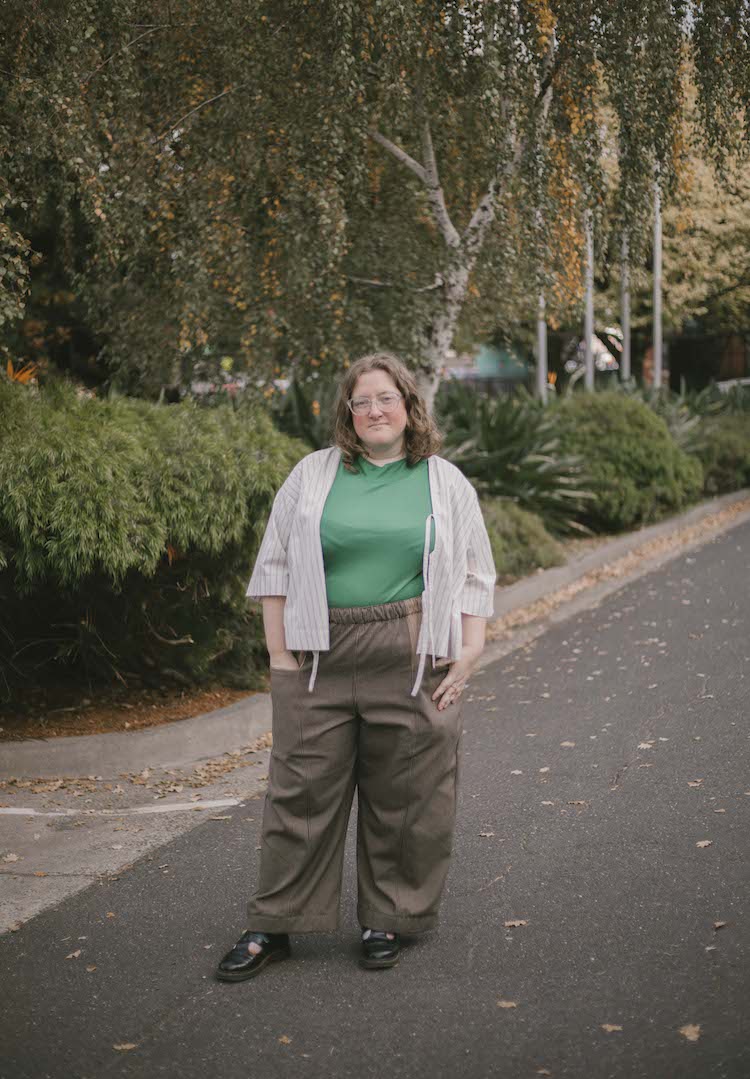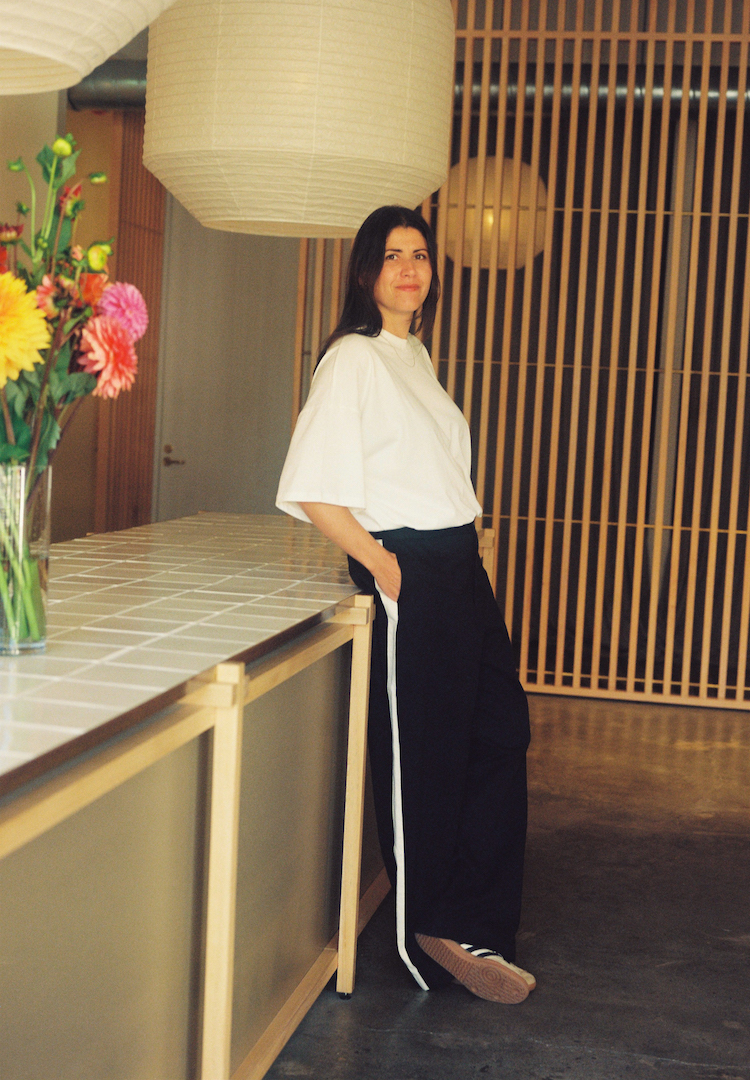A peek at the award-winning sustainable fashion docuseries, ‘Frontline Fashion’
WORDS BY ELIZA SHOLLY
Project Runway meets An Inconvenient Truth.
In a world where conversations about fashion sustainability are as complex as they are frequent, it’s often hard to sort through the noise.
If you do choose to pay attention to any authority though, we suggest one be Christina Dean.
A sustainable fashion advocate, qualified dental surgeon and TED speaker, Christina has an intimidating number of accolades under her belt. But it was through her role as a journalist that she started to develop an interest in sustainable fashion.
Christina would report on the monstrous volumes of textiles that were being unethically discarded in China, with figures varying from 20 to 26 million tonnes of waste annually.
“I was horrified that there wasn’t any person or organisation that could talk to these issues locally,” she says.
Her solution? Start an NGO. In 2007, Christina founded Redress, born as a response to her admitted “shock, horror, fear, concern and panic because nothing was being done”.
Since then, the organisation has evolved into a fashion advocacy powerhouse, with its overarching mission to reduce waste in the fashion industry. Its initiatives prevent and transform textile excess, working to create a circular economy and reduce fashion’s water, chemical and carbon footprints.
Looking a little closer to home, Australians send six tonnes of textiles and clothing to landfill every 10 minutes. Globally, the clothing and textile industry is the second-largest polluter in the world.
Yet, Christina notes, much of the international industry is pinning the blame on China.
“Western, global consumers have reaped the rewards of China’s production, whether they know it or not,” she says. “We’re all benefitting from, and exploiting, the supply chain and cheap labour, then pointing the finger claiming [China’s] negligence and pollution.”
Redress aims to challenge the huge outputs of the country’s supply chains by creating programmes that work to shift global demand.
One of the more exciting initiatives is Frontline Fashion, a documentary series that aims to inspire consumers to encourage sustainability in the industry.
The show profiles emerging fashion designers from around the world, each who has earned a place as a finalist of the world’s largest sustainable fashion design competition, the Redress Design Award. Think Project Runway meets An Inconvenient Truth.
According to Christina, by watching the program, viewers can further understand what goes into their clothing in an emotional way, sparking a love of fashion that can assist consumers in shopping more purposefully.
“Emerging designers want their wearers to love the clothes,” she says. “From day one, people in the program are envisioning the life cycle of their clothes. They’re thinking about end of life on the drawing board. Which is what we’ve always wanted.”
The ‘end of life’ element to which she refers is the focus of another part of Redress’ work.
The organisation has its own label, titled The R Collective. Using rescued excess materials sourced from some of the world’s leading luxury fashion brands, reputable mills and manufacturers, it repurposes these fabrics into clothing to be worn and loved. The brand is available to purchase on Net-A-Porter.
It was created with Christina’s past expertise as a springboard (“the landscape was just getting worse”) and channelled into a productive output to foster a better industry practice.
The result is a range of minimal, upcycled apparel that diverts waste from landfill and incineration, and steers it back into wardrobes. By showcasing the dormant value in existing waste products, The R Collective encourages others to follow suit.
Christina also acknowledges that despite the brand’s position, many consumers have concerns around contributing to an industry that perhaps isn’t the most ethical. While conscious consumption might be important to a buyer, figuring out whether a purchase is ethical can require filtering through chaotic sums of information.
“The raft of options to buy these days is just so broad, truly conscious consumers have made a big shift to buying less,” she notes.
If you’re one of these consumers, Christina does have one pretty simple piece of advice. Instead of simply switching to brands and companies that are implementing better design, manufacturing or waste practices, let your voice be heard to the ones you are leaving behind.
“Make it be known who you aren’t going to support, and be loud about that. A boycott only works if you actually tell a company why you aren’t going to be buying from them. So if you’re taking steps to purchase from companies that are taking steps to be more ethical, it’s worth telling your old brands that you won’t be supporting them as well.”


